
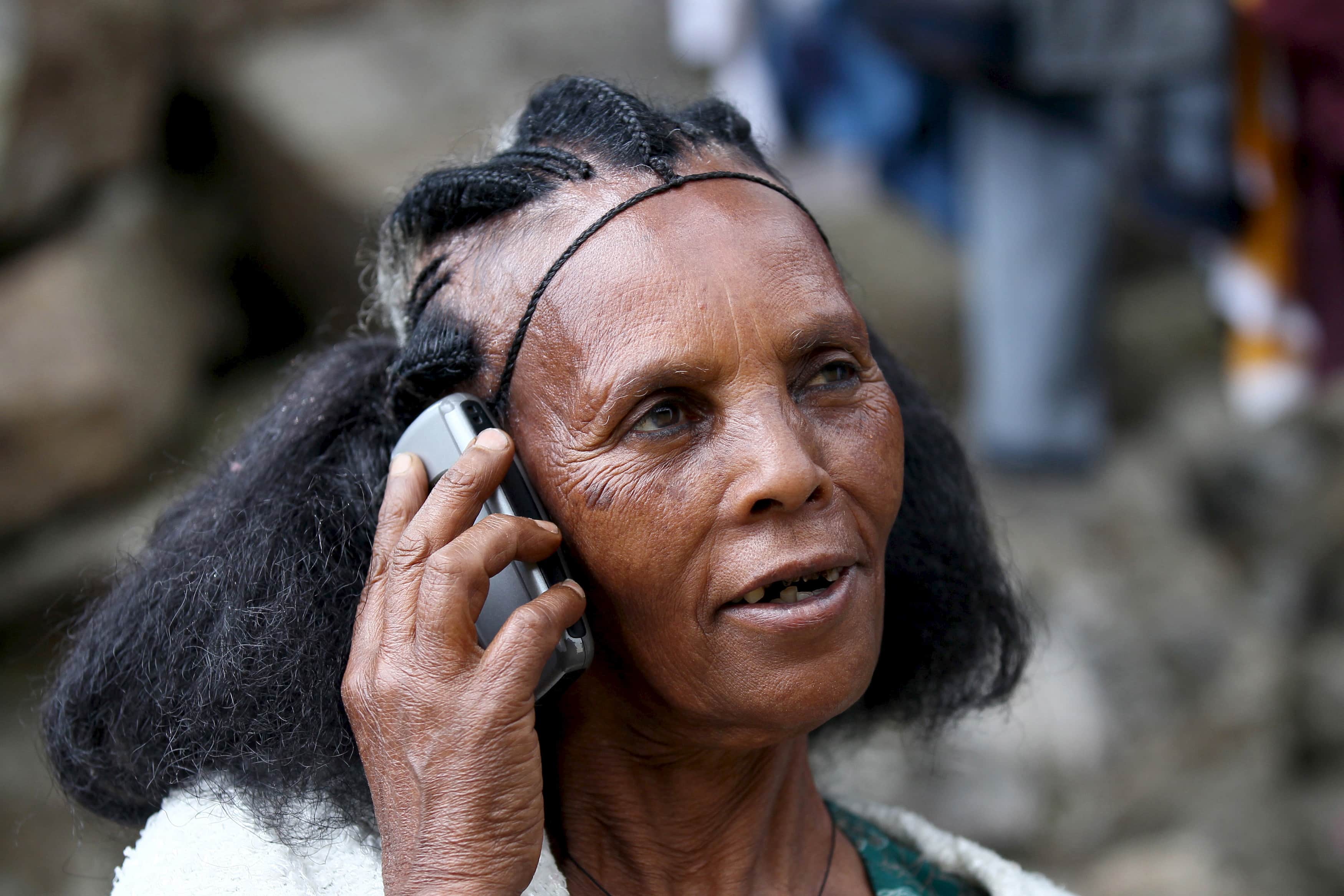
Ethiopia: Third Internet shutdown follows imprisonment of two human rights activists
An internet shutdown in Ethiopa between 30 May and 8 June 2017 followed the imprisonment of Yonatan Tesfaye and Getachew Shiferaw, who were sentenced with “inciting anti-government protests” and “inciting violence” for criticising the government over Facebook.
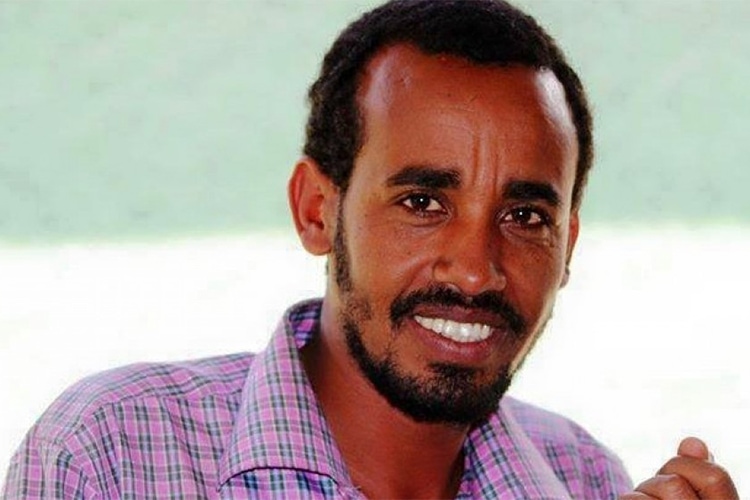
Ethiopian editor Getachew Shiferaw convicted of “inciting subversion”
The Ethiopian Federal High Court’s conviction of Getachew Shiferaw, editor of the news website Negere Ethiopia, on charges of inciting subversion is a further blow to press freedom in the country, the Committee to Protect Journalists said today.
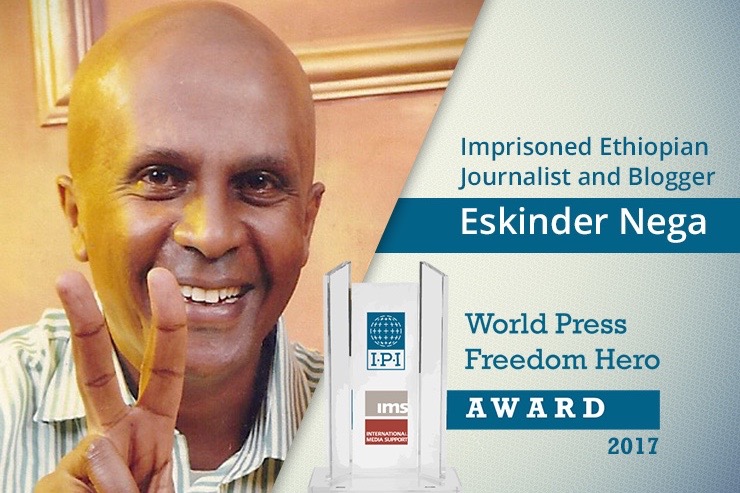
Eskinder Nega named press freedom hero ahead of WPFD
Ethiopian journalist Eskinder Nega, imprisoned since 2011, has been named IPI’s 69th World Press Freedom Hero.
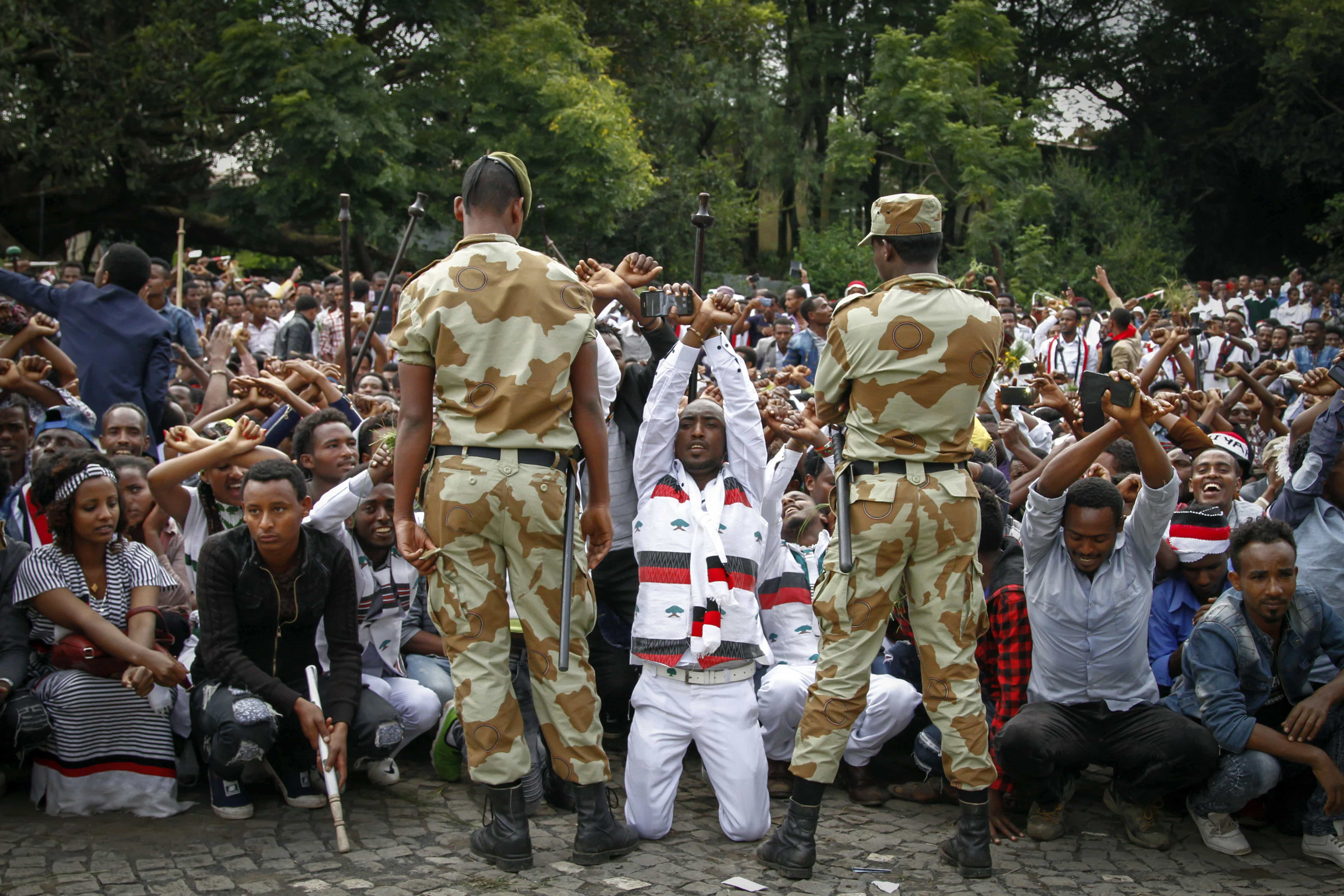
Ethiopia, DRC & Mali: 183 killed in protests between July-December 2016
A total of 183 deaths were recorded from July to December 2016 following clashes between protestors and security agents in Ethiopia, Democratic Republic of Congo and Mali. To date, not one security agent has been prosecuted for any of the killings in the three countries.
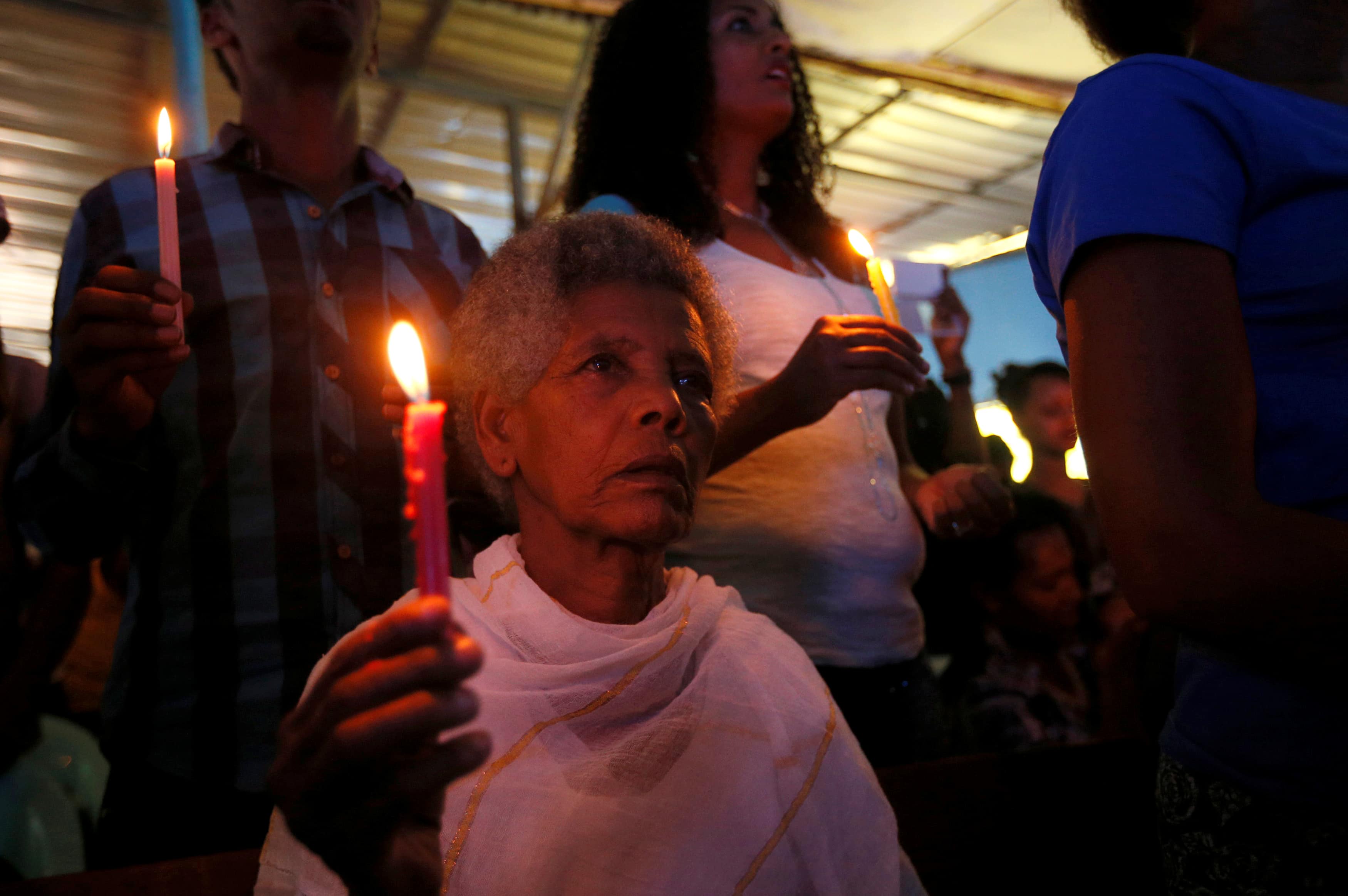
Directive bans all protests without government permission in Ethiopia
A new directive banning all protests without government permissions follows large-scale, and mainly peaceful anti-government protests have been sweeping through Oromia, Ethiopia’s largest region, since November 2015, and the Amhara region since July 2016
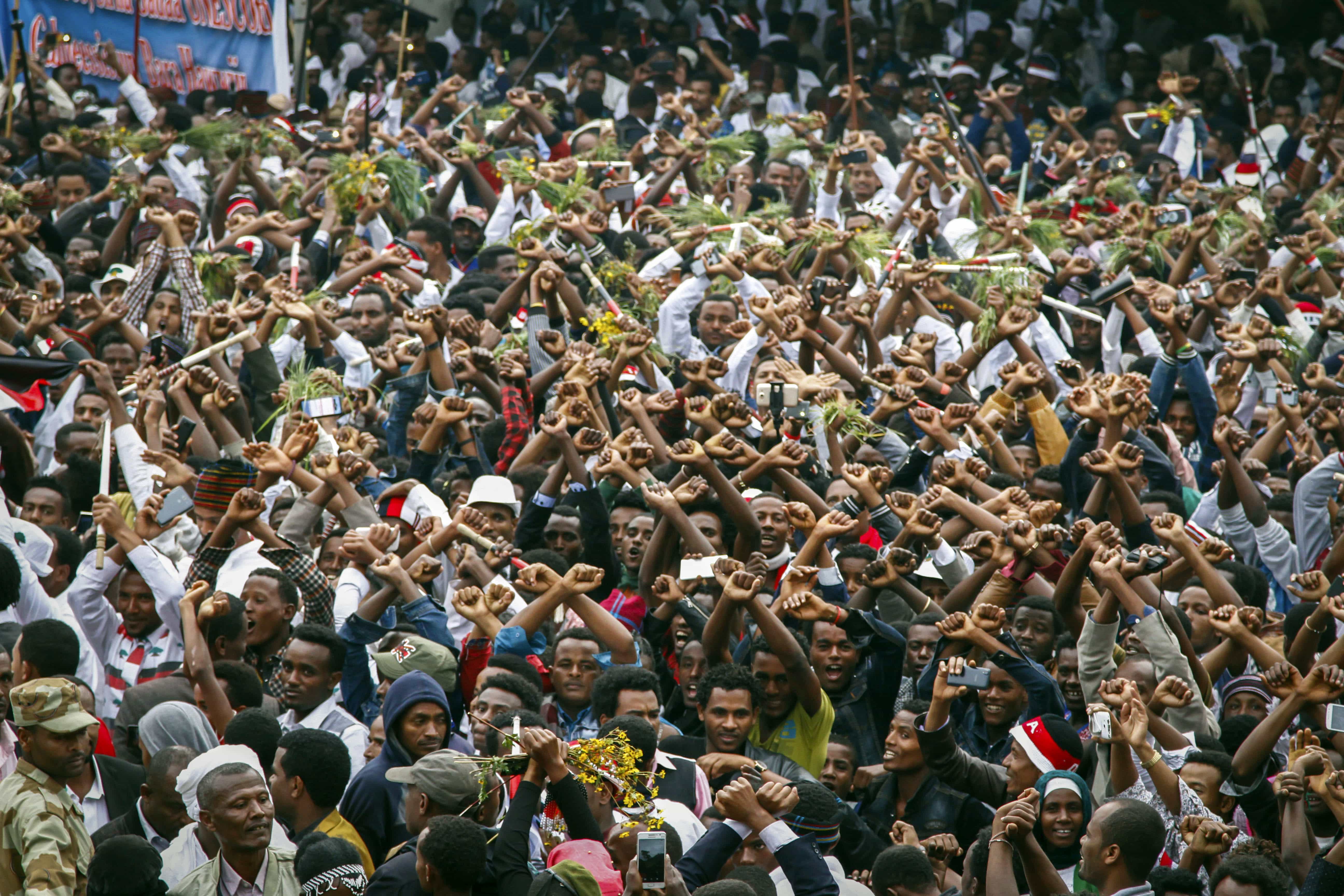
Why were over 150 Ethiopians killed in a single day?
Ethiopian security forces are in the midst of growing international condemnation, as repressive actions turn a peaceful festival into a massacre site.
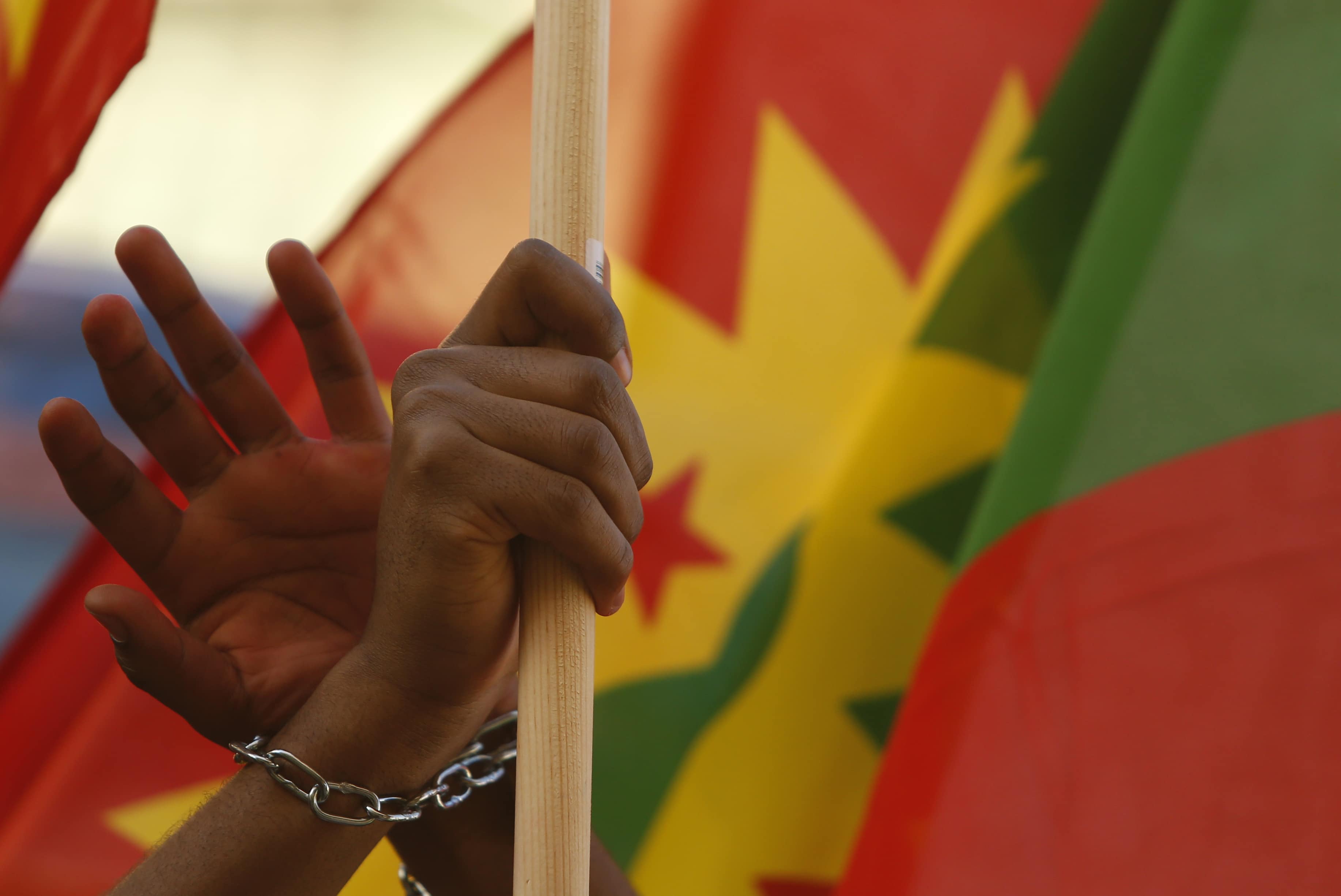
WhatsApp, Facebook blocked in Ethiopia after protestors killed by security forces
Ethiopian security forces killed dozens of protesters in the Amhara and Oromia regions during protests on 6-7 August 2016. In recent days, the government blocked social media message applications, including Facebook, Twitter, Viber and WhatsApp.
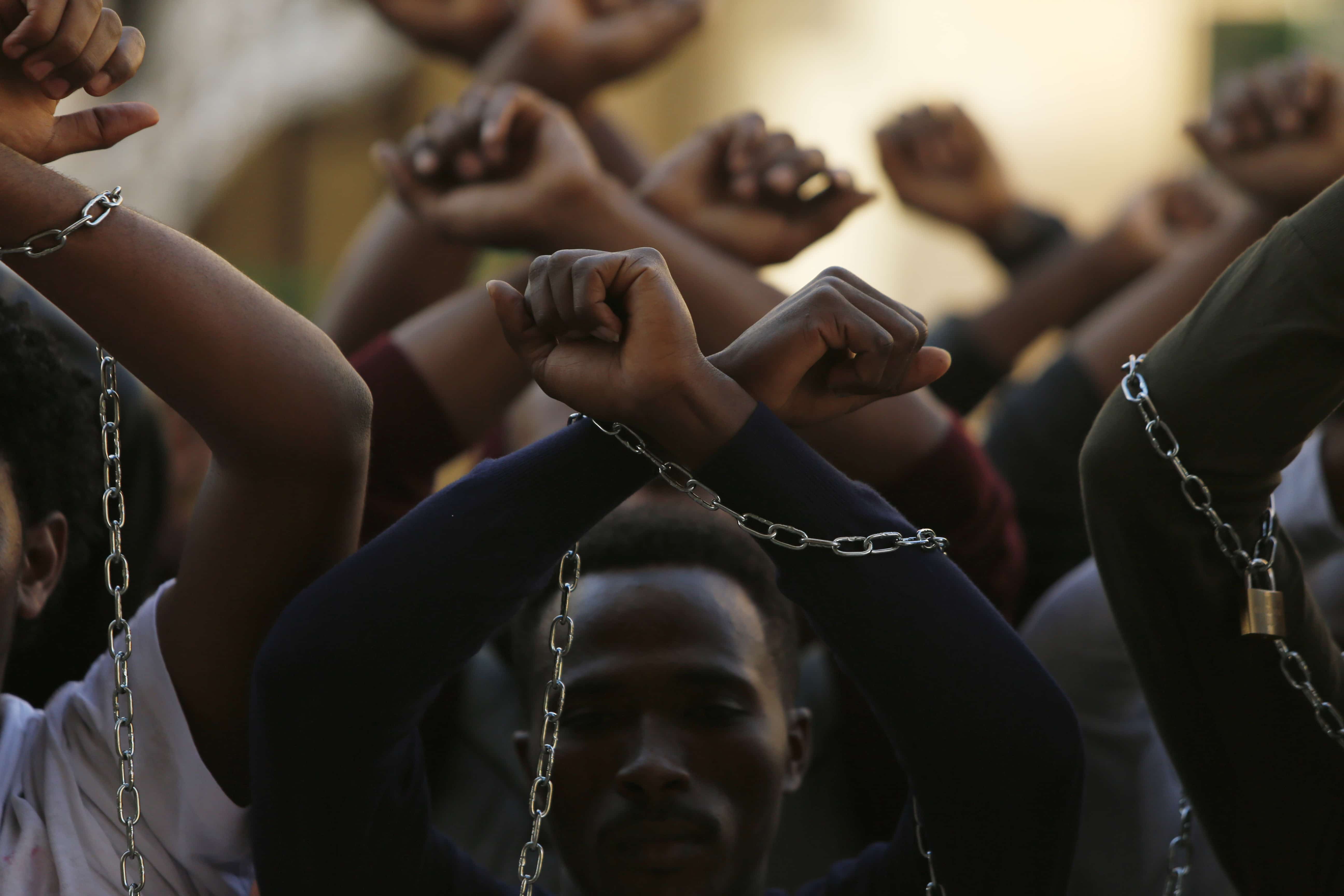
Attack on civil society could reach “breaking point” in Ethiopia
Ethiopia’s perceived stability and its much-touted role in the global fight against terrorism in the Horn of Africa are at stake if the Ethiopian Peoples’ Revolutionary Democratic Front (EPRDF) continues to ignore the dangers of suppressing citizens’ legitimate demands for inclusive and accountable governance.

Brutal crackdown on protest movement in Ethiopia’s Oromia region
Ethiopian security forces have killed more than 400 protesters and others, and arrested tens of thousands more during widespread protests in the Oromia region since November 2015, Human Rights Watch said in a new report.

Crackdown on protests continues in Ethiopia’s Oromia region
Ethiopian security forces are violently suppressing the largely peaceful protests in the Oromia region that began in November 2015. Almost daily accounts of killings and arbitrary arrests have been reported to Human Rights Watch since 2016 began.
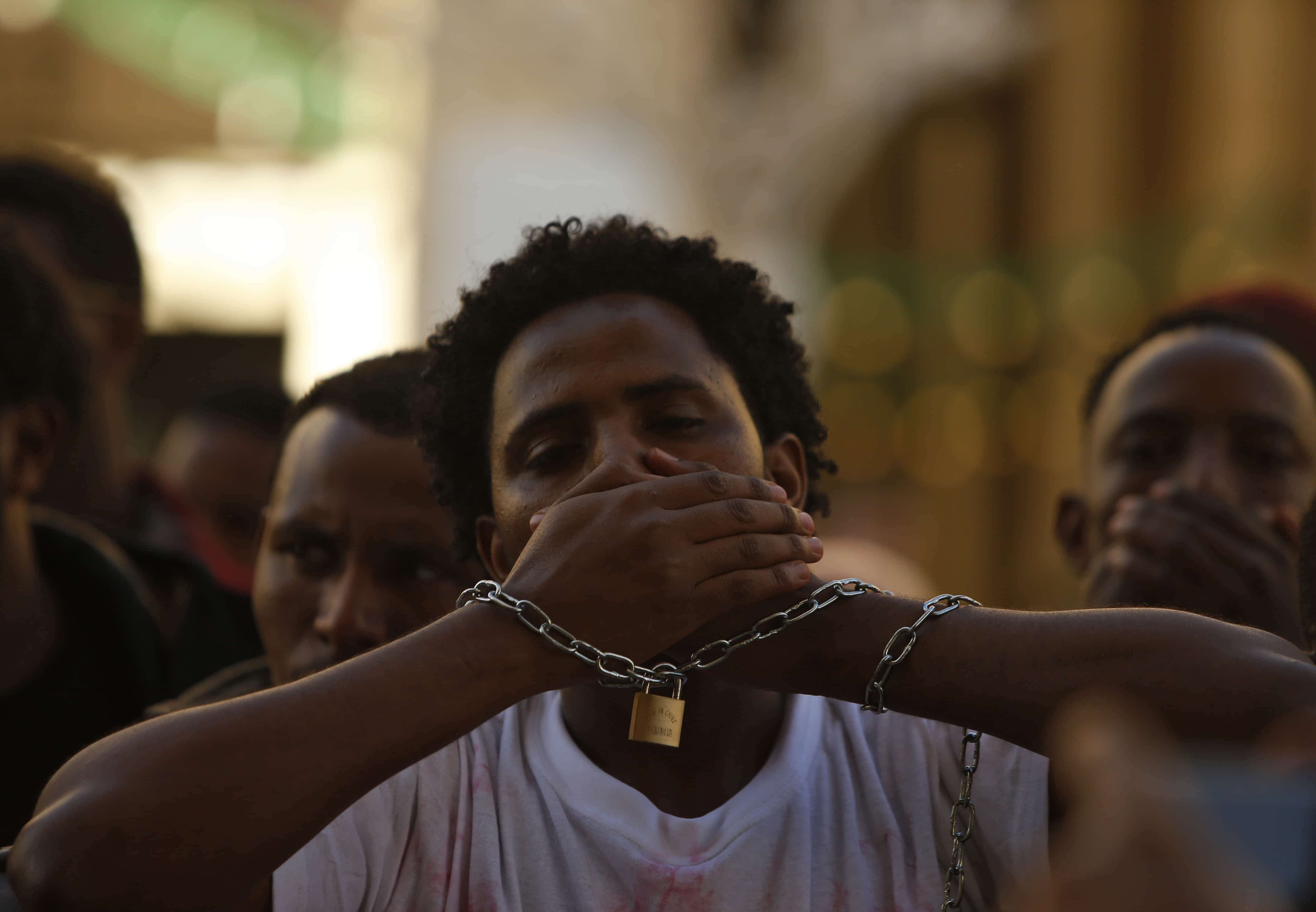
EU should condemn Ethiopia’s crackdown on Oromo protests
“The EU, which is among Ethiopia’s biggest donors, should press the Ethiopian government to respond with talks rather than gunfire to the protesters’ grievances.”
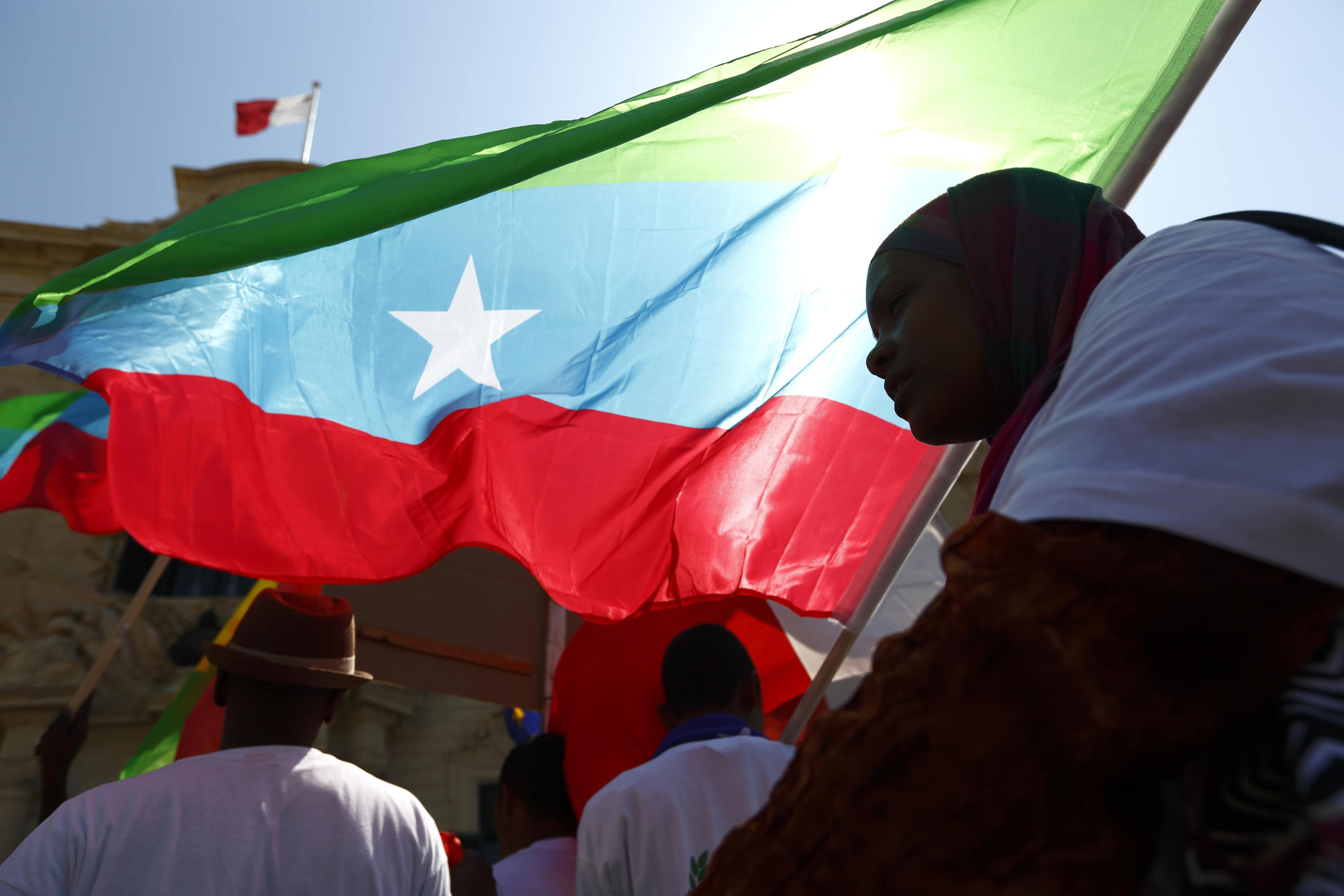
Yet again, a bloody crackdown on protesters in Ethiopia
The current protests echo the bloody events of April and May 2014, when federal forces fired into groups of largely peaceful Oromo protesters, killing dozens.
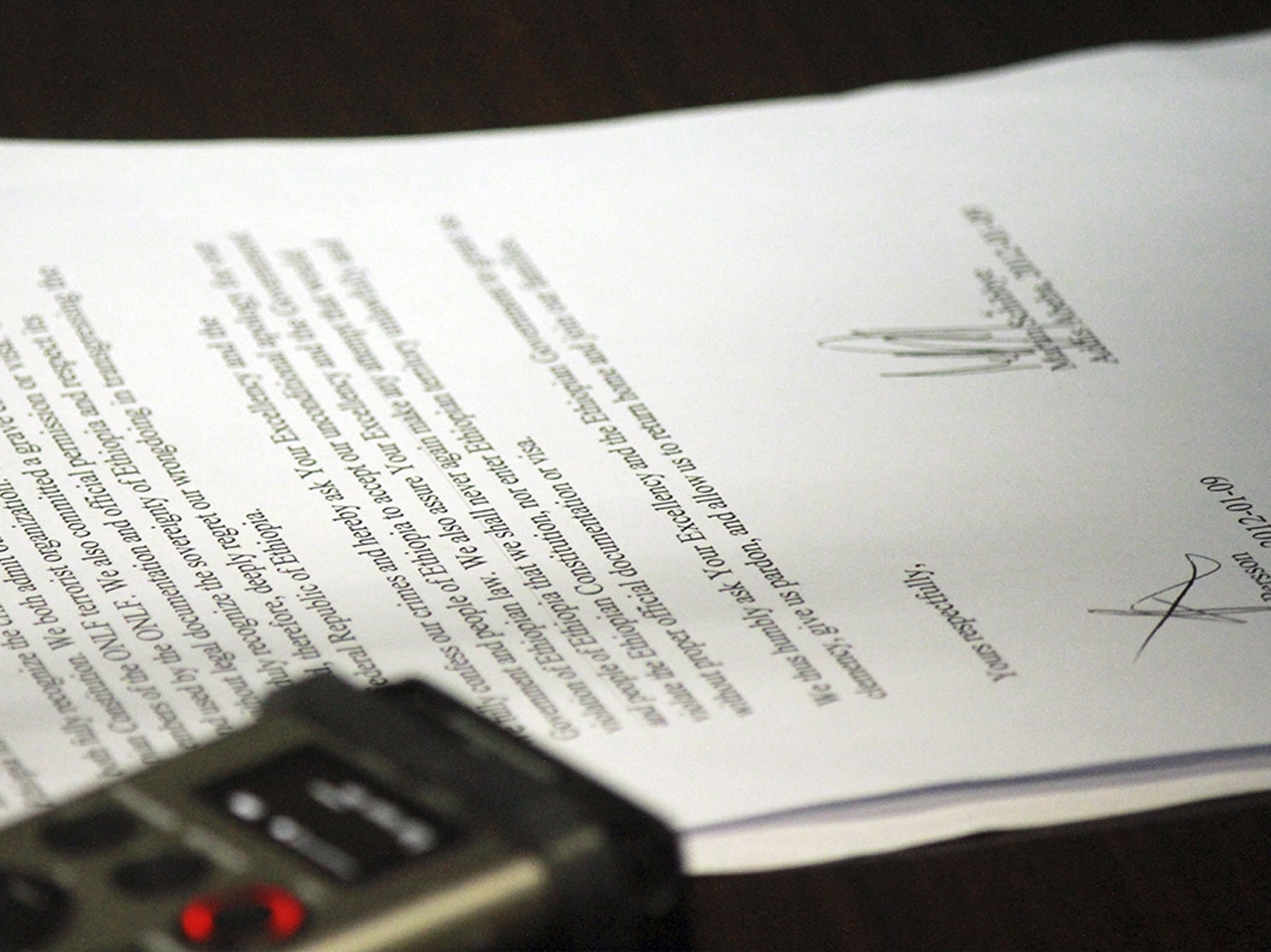
Acquittal of Zone 9 bloggers has not ended repression in Ethiopia
The detention of the Zone 9 bloggers in 2014 became an international cause célèbre, and the release of the last of them in October was greeted with euphoria. But the regime’s crackdown on dissent continues unabated.
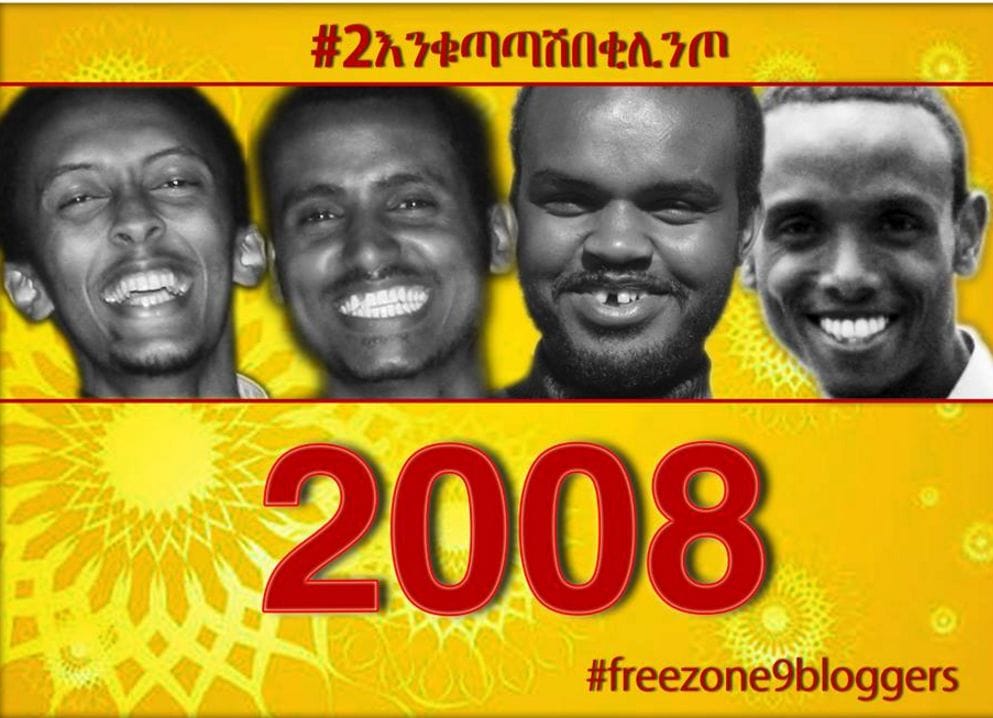
Remaining Zone 9 bloggers acquitted of terrorism charges in Ethiopia
Abel Wabella, Atnaf Berhane, and Natnail Feleke, jailed since April 2014, were scheduled to be released on 16 October 2015, while exiled blogger Soleyana S. Gebremichael was acquitted in absentia, news reports said.
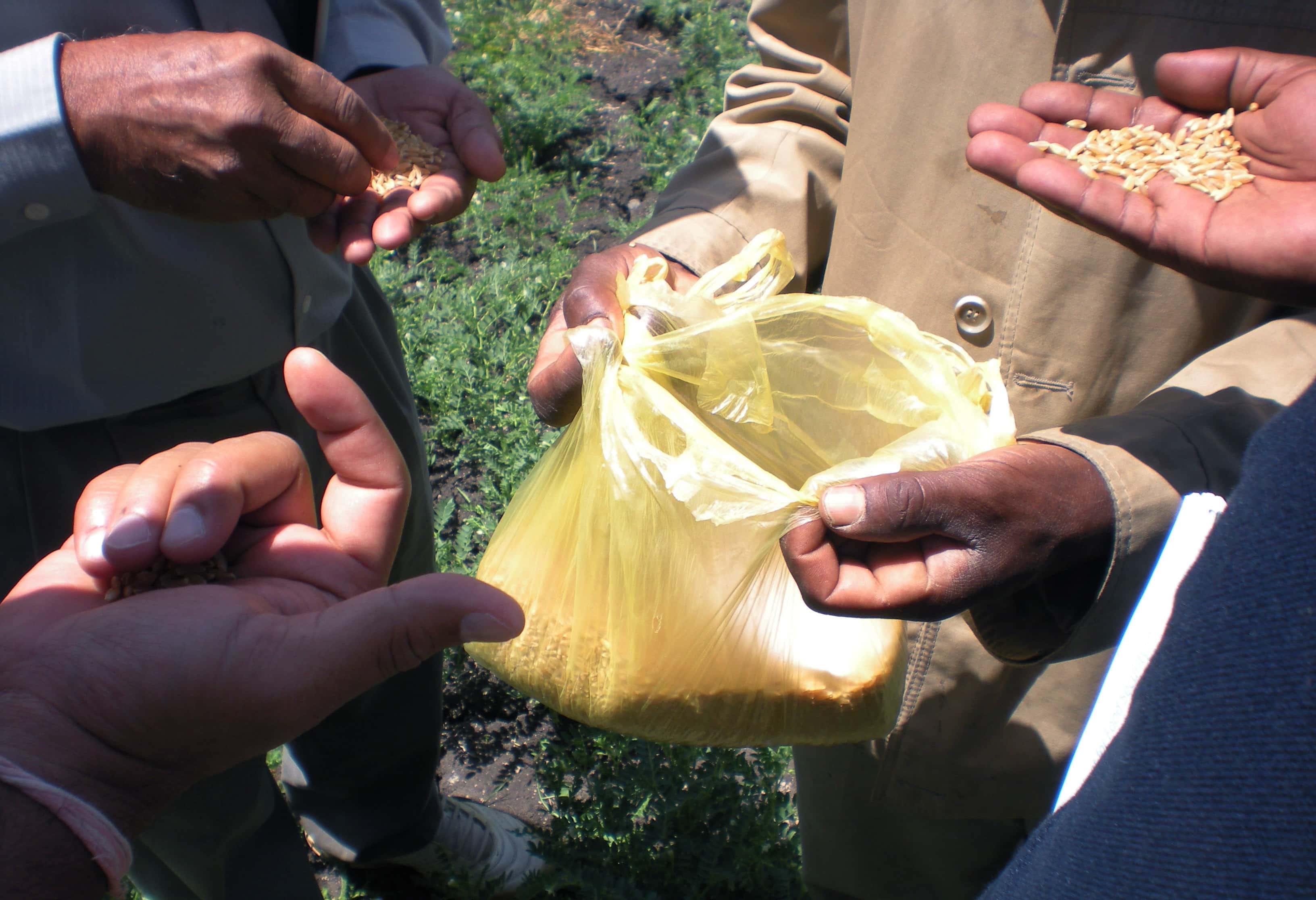
Activists on way to food security workshop charged with terrorism
“Trying to give indigenous people a voice about their most precious resources – their land and their food – is not terrorism, it’s a critical part of any sustainable development strategy”, said Nyikaw Ochalla, ASO executive director.
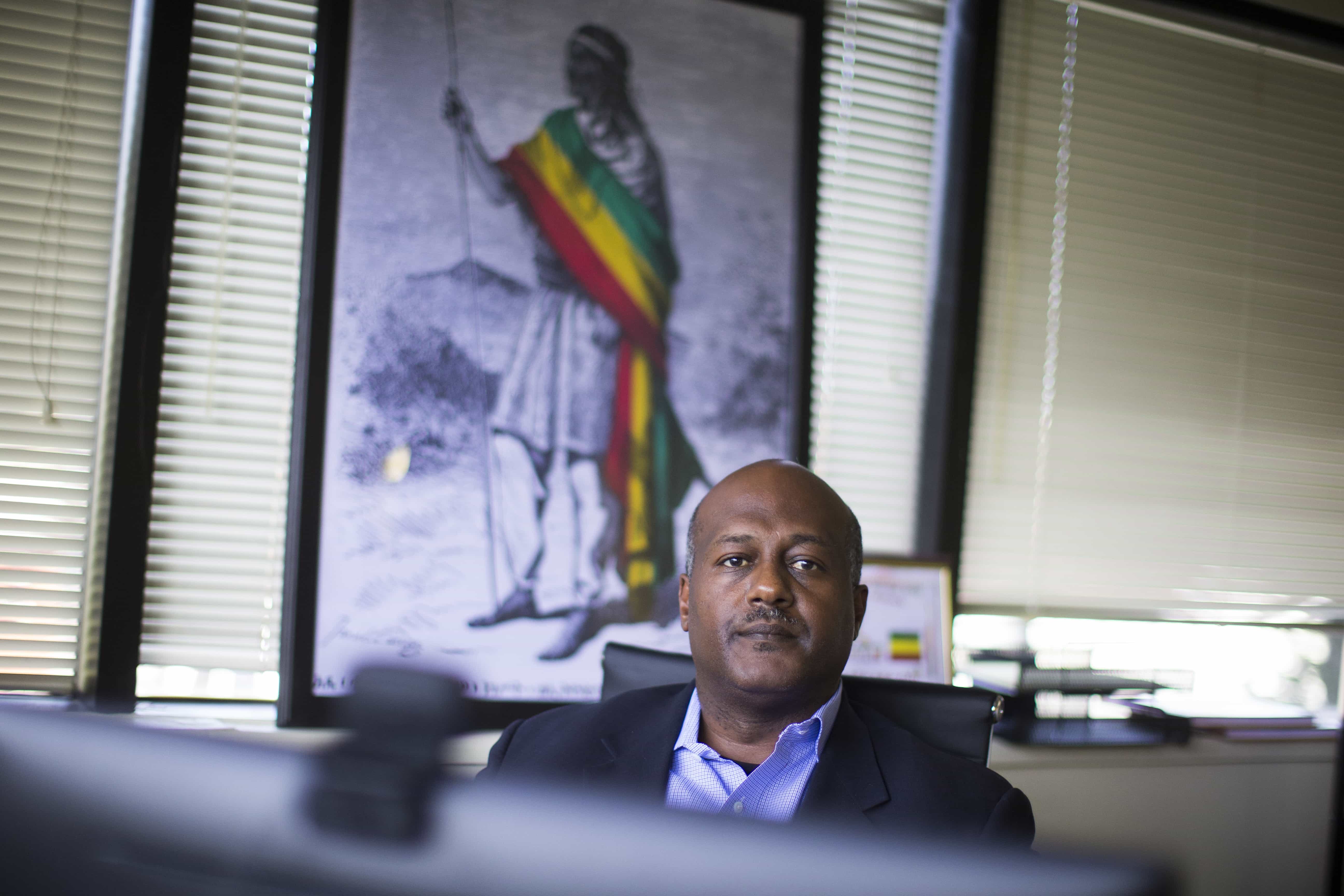
Hacking Team ignored reported abuses of its technology in Ethiopia
A comprehensive review of Hacking Team emails reveals that the company continued to train Ethiopian intelligence agents to hack into computers despite reports that its services were being used to repress government critics.